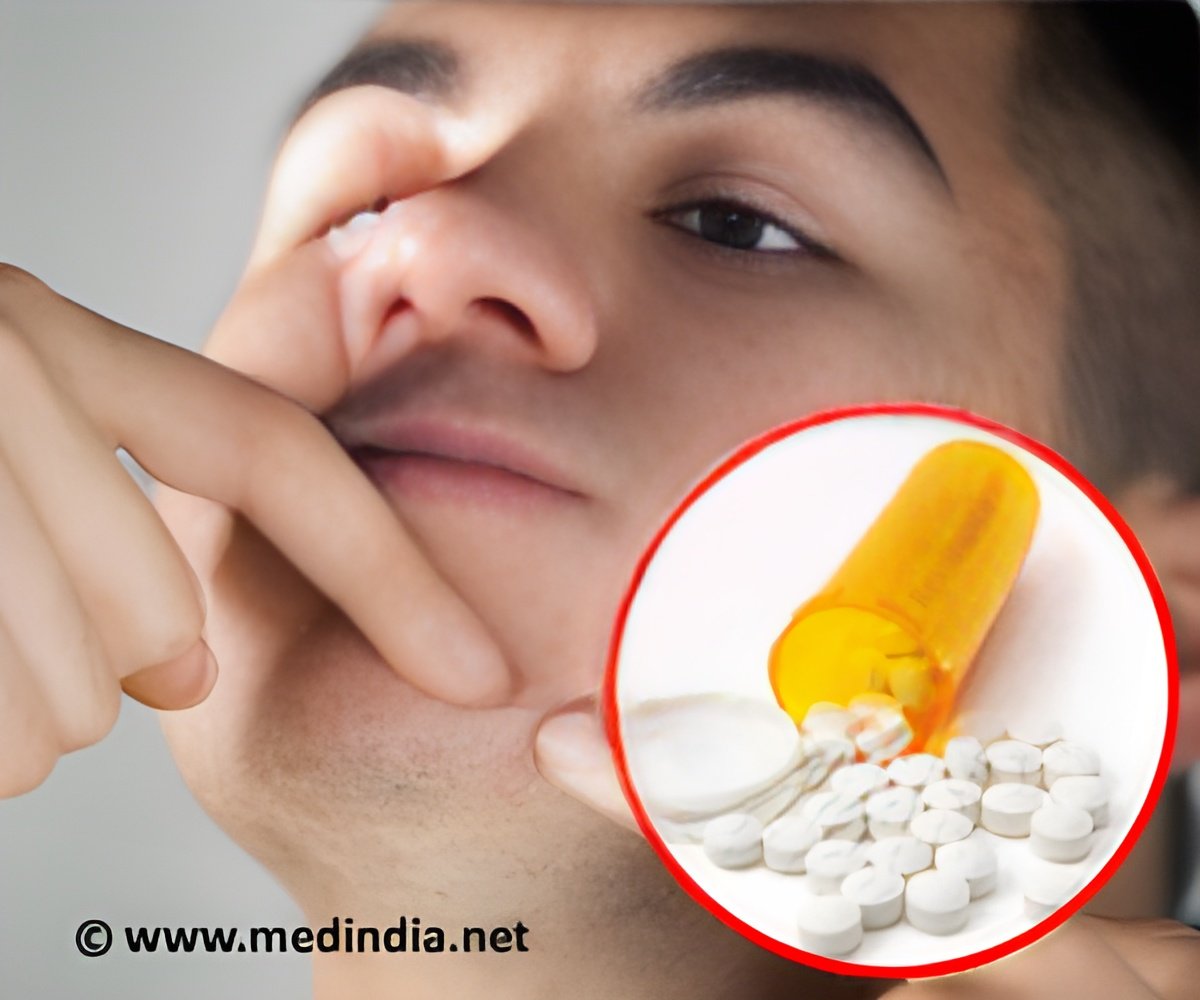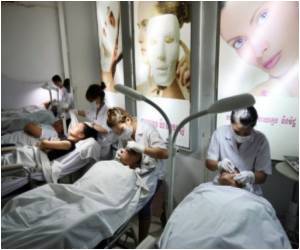Patients were kept on antibiotic therapy for 11 months before the physicians recognized that the drugs were not working and switched to more effective therapy.

‘Routine practice of patients shifting from one antibiotic to another incase of ineffectiveness resulted in overuse of drugs leading to antibiotic resistance’





"Our study suggests that physicians need to recognize within weeks, not months, when patients are failing to respond to antibiotic therapy in cases of severe acne," said Dr. Seth Orlow, study senior investigator, the Samuel Weinberg Professor of Pediatric dermatology and chairman of the Ronald O. Perelman Department of Dermatology at NYU Langone.Researchers analyzed the data of 137 patients history who visited the center for treatment of various skin conditions between 2005 and 2014. They found that on average, patients with "cystic" acne were kept on initial antibiotic therapy for 11 months before the physicians recognized that the drugs were not working and switched patients to isotretinoin therapy.
Isotretinoin therapy is the most effective treatment prescribed for patients suffering with severe acne. But it is known to cause side effects during pregnancy like birth effects and increased depression. Therefore many physicians hesitate to prescribe this treatment for severe acne and instead prescribe ineffective antibiotics for these patients.
Physicians prescribed the isotretinoin therapy only after a lag of 6 months for many patients with severe acne. So atleast for a period of minimum 6 months, they were prescribed with unwanted antibiotics. Researchers revealed that 21 patients (15.3%) were prescribed antibiotics for 3 months or less, 88 patients (64.2%) for 6 months or more, and 46 patients (33.6%) for 1 year or longer.
"Physicians and patients have become far too complacent about antibiotic overuse and its subsequent danger of increasing microbial drug resistance," said Orlow.
Advertisement
"Acne remains the number one reason for young people to visit a dermatologist, and there are no other medications as effective as isotretinoin for treating severe cases of the skin condition," said Arielle Nagler, lead study investigator and dermatologist.
"We need to find a better balance between trying antibiotics that may work and getting isotretinoin quickly to patients for whom antibiotics are not working. Physicians also need to start talking to their acne patients earlier about possible isotretinoin therapy, so when and if they do need to switch to it, patients are more receptive to the drug and any concerns about side effects have already begun to be addressed," he added.
Reference 1: Seth J. Orlow, MD, Phd et al. “The use of oral antibiotics before isotretinoin therapy in patients with acne” Journal of the American Academy of Dermatology, October 2015 DOI:10.1016/j.jaad.2015.09.046.
Reference 2: NYU Langone Medical Center / New York University School of Medicine. "Treatment of severe acne hampered by antibiotic overuse, delays in prescribing more potent medication." ScienceDaily. ScienceDaily, 30 October 2015.
Source-Medindia














